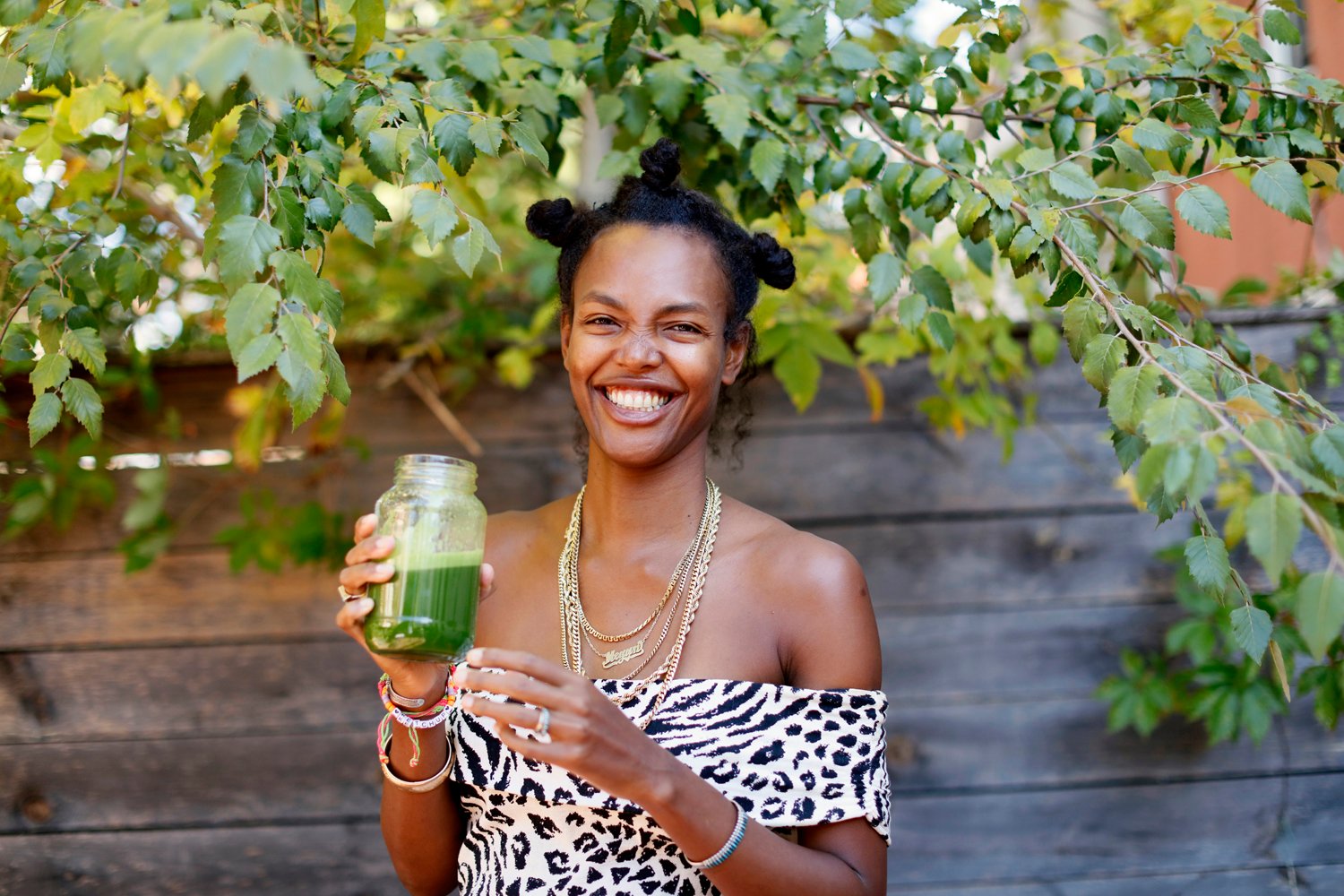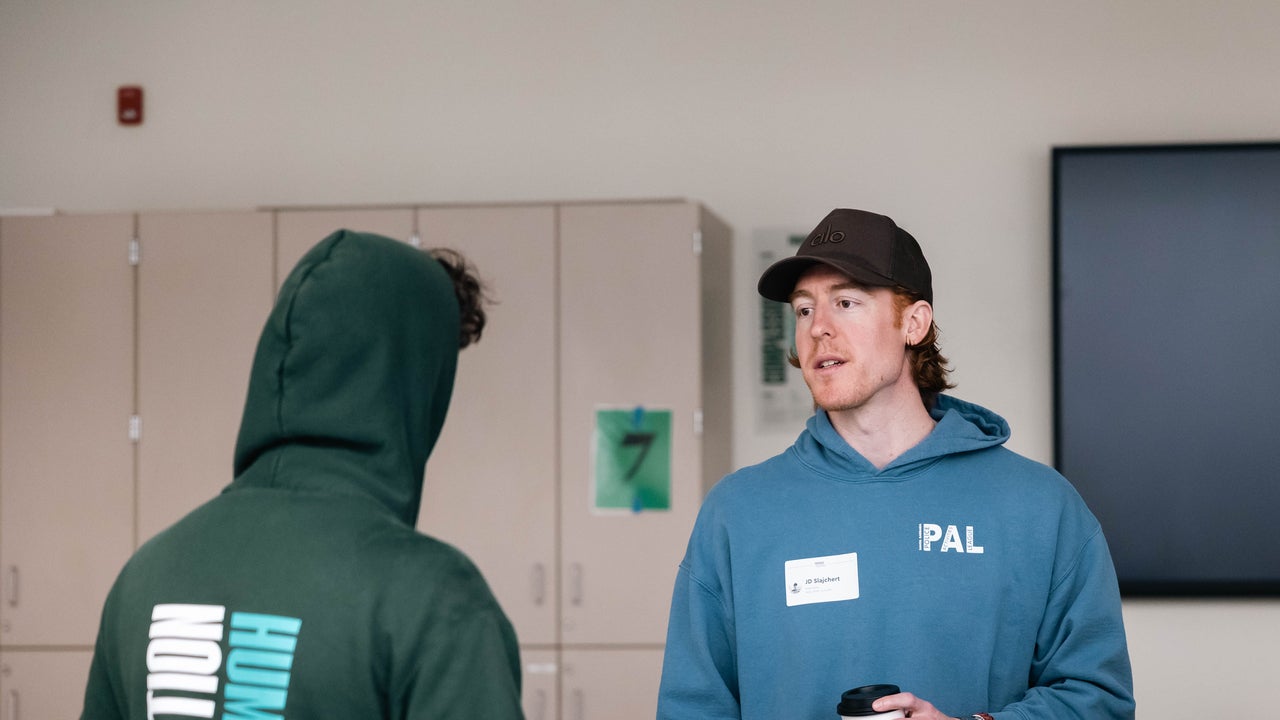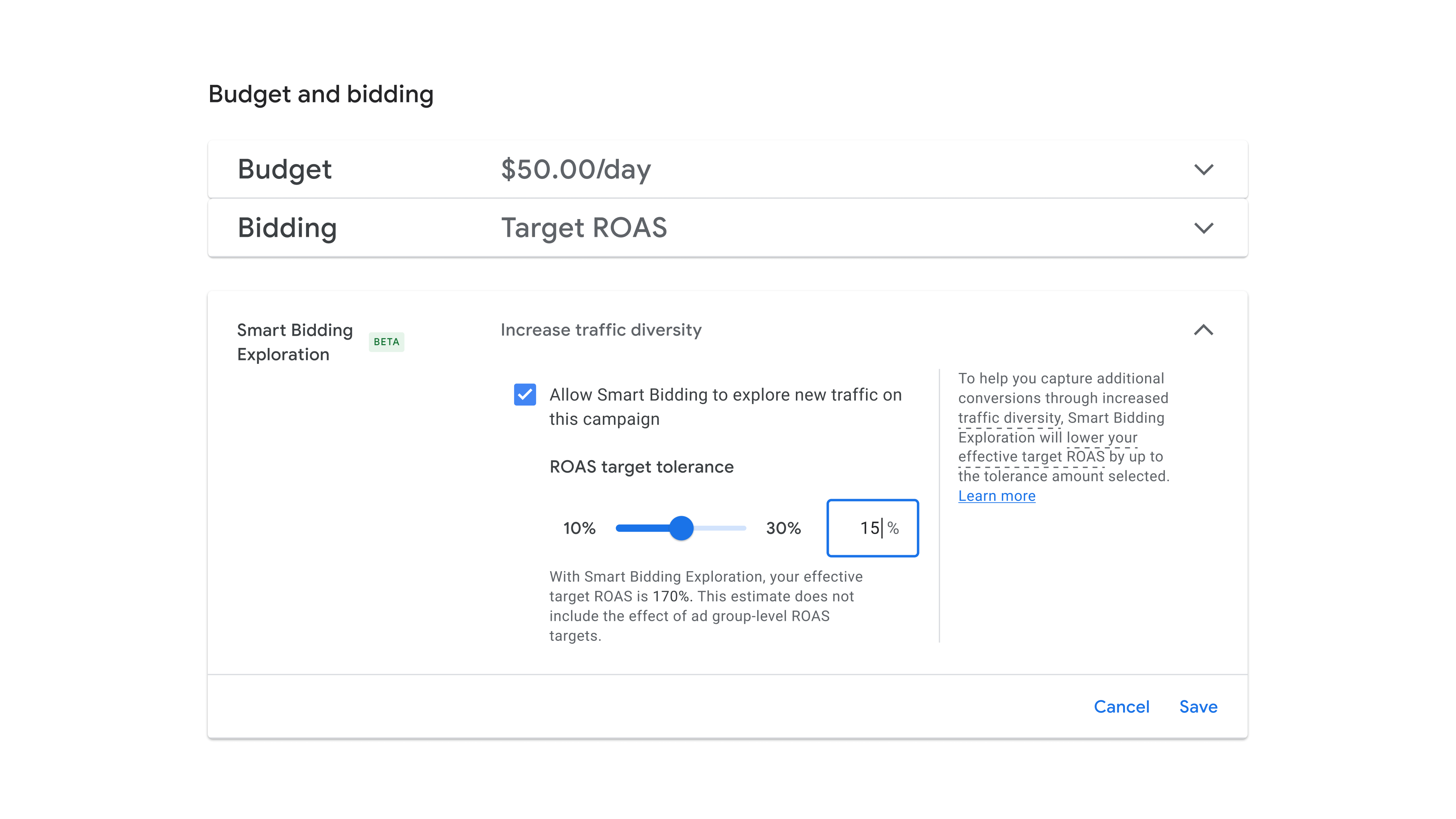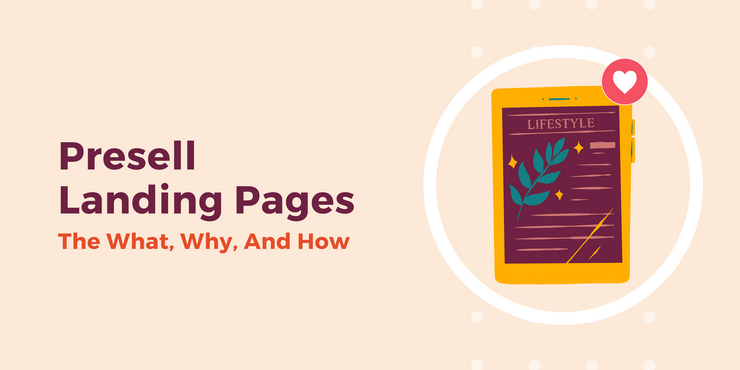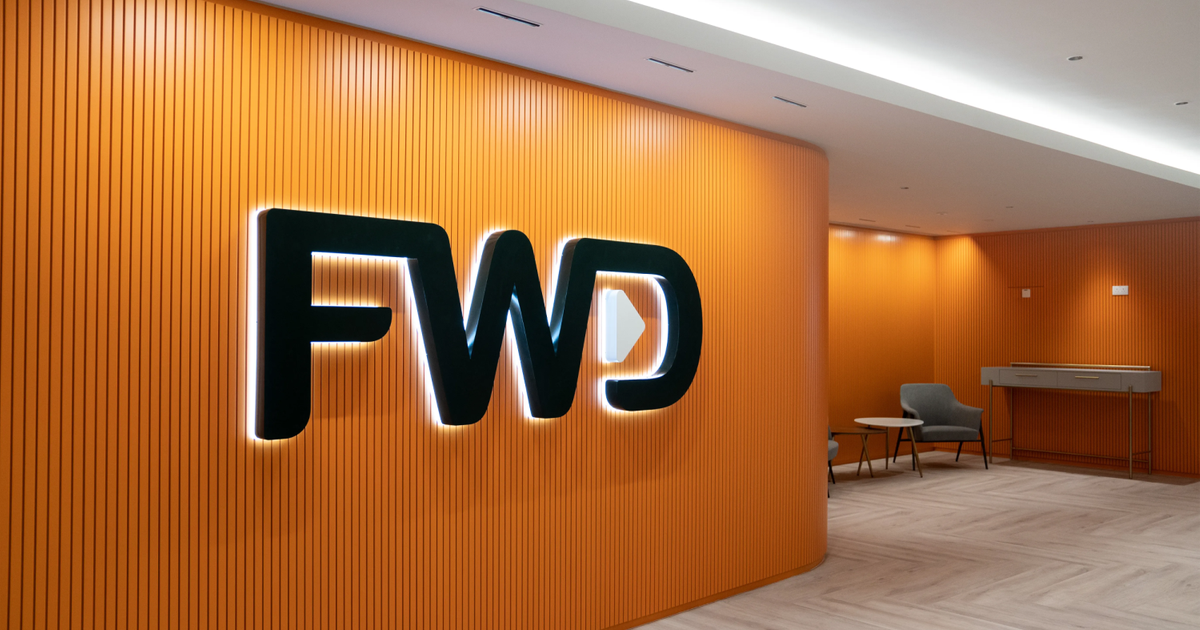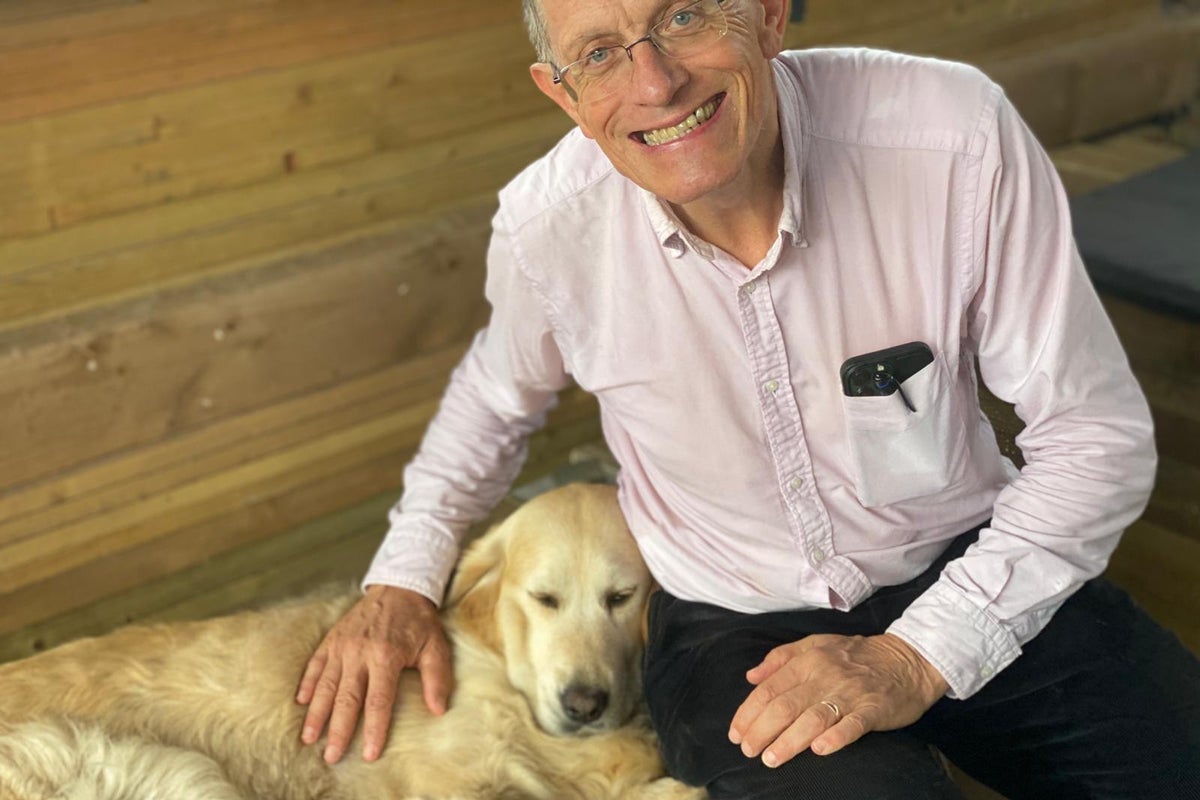This café upskilled autistic youth for 5+ yrs, now it’s making an F&B ecosystem around them
Malaysian social enterprise Autism Cafe Project aims to train F&B entrepreneurs with autism spectrum disorder to grow independent.

Talking to Adli, the founder of Autism Cafe Project (ACP), it’s obvious that much has changed since Vulcan Post last featured the social enterprise five years ago.
For one, the cafe is in an entirely new location, having been asked to move out of iM4U Sentral, after spending three years in the space.
“There’s no malice,” he assured regarding the move. “They gave us three good years of exposure.”
So, they set up shop in SACC Mall, Shah Alam, before moving once again to Da Men.
 Image Credit: Autism Cafe Project
Image Credit: Autism Cafe ProjectBut it wasn’t long until the pandemic struck. ACP had to fold temporarily, but quitting was never an option. Adli restarted his efforts around April 2021, but then MCO 3.0 happened, halting their progress yet again.
“But we have learnt our lesson,” Adli shared. “We were not making hundreds of thousands, but we managed to survive on our own, without depending on donations.”
This is considerably big progress, even compared to ACP’s 2017 days, when Adli had told Vulcan Post that they weren’t self-sustaining yet.
Not all sunshine and rainbows
The issue of labour shortage seems to be felt even by the Autism Cafe Project. Citing the importance of manpower, Adli believes that even if you have a product and a place, it’d be difficult to run a business if you lack the appropriate talents.
Adli opened up that ACP’s previous chef had left the team “high and dry” after the MCO. This is particularly problematic for a company that involves individuals with autism spectrum disorder (ASD).
 Image Credit: Autism Cafe Project
Image Credit: Autism Cafe Project“90% of the staff is within the spectrum,” Adli explained. “But there should be a chef, the main chef, who should understand that.”
Did you know: Adli affectionately refers to the individuals with ASD on his team as “the boys” or “our boys”. Research over the decades has shown that autism is significantly more common in boys than in girls.
As a cafe, the kitchen is equipped with items such as knives and hot water. While this is typical for any F&B business, it can be particularly dangerous in a space like ACP.
“For instance, we have an individual who has slow sensory reactions,” Adli explained. “When he gets his hand on a hot stove, it takes him a couple of seconds before he realises it. His pain tolerance is very high, so if you don’t understand him, the risk is higher.”
On top of this, teaching individuals with ASD often requires a different approach compared to teaching neurotypical people.
“If you don’t have a sense of patience towards them, it will be difficult,” Adli summarised.
 Image Credit: Autism Cafe Project
Image Credit: Autism Cafe Project Adli understands this on a personal level, as his son, Luqman, is also on the spectrum. In the beginning, Adli had been frustrated with his son. He expressed how he “didn’t see any reason why he had to be here”. But with time and effort, he learned.
“When you are at the point of acceptance, you realise that he’s here for a reason, everyone’s here for a reason,” he shared. “I’m so grateful for my son.”
A more holistic project
When Adli first set up ACP, the main focus was to help families that had youth with autism to make their own living. But now, that goal has somehow evolved.
“We are looking at giving these individuals with ASD to live their lives to the fullest, to live their lives to the best of their ability,” Adli said.
With that said, to be able to live life to the fullest also requires being able to work. However, more than that, Adli wants to offer his boys (what he calls the individuals with ASD on his team) the ability to have friends, go out, and socialise.
 Image Credit: Autism Cafe Project
Image Credit: Autism Cafe ProjectAccording to Adli, ACP now organises outings for activities such as picnics or movies once a month or so.
“It shows them that they can live a normal life,” he reasoned.
Other than living a regular life, Adli also wants to help the boys be productive and contributing members of society. Thus, he will often get them to make meal packs and give them to the needy.
“We always see that autistic individuals need help,” he pointed out. “When we do this, this is the opposite. They are now the ones helping others.”
Teaching entrepreneurial skills
Another skill set Adli is fostering at ACP is entrepreneurship. As the cafe itself can usually only facilitate two employees at once, Adli wanted to give the rest staying at home something to do.
Those boys would make cookies, snacks, and handicrafts. Since the bulk of the ACP’s income is actually from catering, the team would then bring these products to events to sell them.
According to Adli, one thing he has learnt is that instead of waiting for customers, they needed to actively look for customers, and big ones at that.
“My son makes chocolate cookie chips and German cookies,” Adli shared. “That sells very well. In a month, he managed to secure RM1K easily.”
He continued, “You got to be proactive from your side. Because they can make thousands of cookies. But they don’t know how to push it. So, it’s my responsibility to sell it to you. It’s your responsibility to buy.”
 Image Credit: Autism Cafe Project
Image Credit: Autism Cafe Project Speaking of entrepreneurs, ACP has collaborated with corporations such as Thermomix, DHL, and Ekuinas, to name a few. Companies would also send over employees to work alongside the boys.
“We fundraised with them and they came over and worked with our boys,” Adli explained. “You can see they are surprised to see how well they work, and now they have a better understanding of autism.”
Big plans for the future
While ACP has certainly come a long way since its humble beginnings, the journey doesn’t end here. Adli still has a lot of big plans he’s hoping to fulfil, such as starting a farm.
“Chilis, cucumbers, kacang panjang, all of that,” he said vividly. He even said he wanted to rear chickens. “The blueprint is to create our own ecosystem.”
According to Adli, he’s already on talking terms with the relevant authorities on making this a reality. While he’s positive that it will take off by this year, he’s still looking for people who have access to a safe and secure plot of land to reach out to him.
“When the boys produce these things, there must be an outlet to sell,” he reminded. “So, we are also on talking terms with one of the supermarkets in Malaysia.”
At the end of our conversation, Adli mentioned that he had some speeches coming up. PERKESO (Social Security Organisation) had reached out to him just a few days prior to our interview, and there were also some universities who have contacted Adli.
 Image Credit: Autism Cafe Project
Image Credit: Autism Cafe Project “I’m quite overwhelmed with that but that shows they have recognised what we’re doing now,” he said. “We have been here for five and a half years already. There must be something we’re doing that is right.”
Adli continued, half-joking, that he thinks ACP has in a way become a trendsetter.
“When we started this project, there was nothing on autism cafes,” he explained.
However, he mentioned that there is no room for jealousy in this industry.
“It’s about our boys,” Adli advised. “We’ve got to work with each other. The focus is on the boys, not about making money. Do not forget your priority, do not forget about why you started the company.”
Learn more about Autism Cafe Project here.Read other articles we’ve written about social enterprises here.Featured Image Credit: Autism Cafe Project

 ShanonG
ShanonG 







